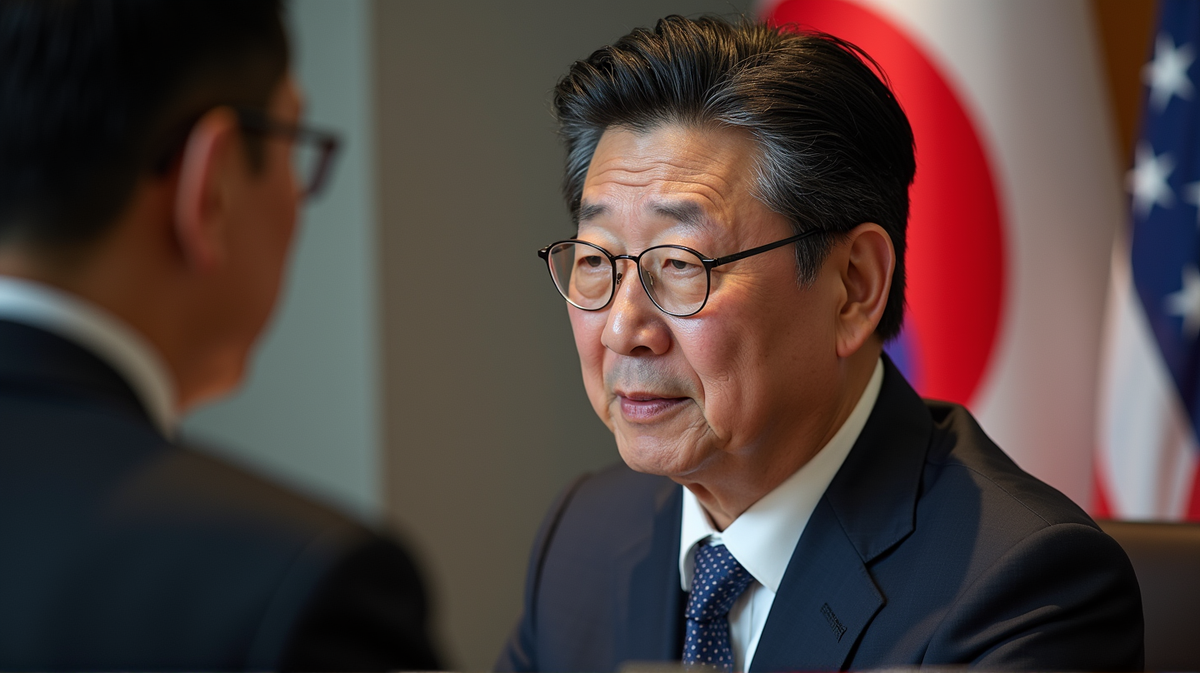Potential Financial Turmoil: South Korea's US Investment Dilemma
South Korea risks financial turmoil akin to 1997's crisis if it accepts US investment demands without adequate safeguards.

South Korea finds itself at a critical economic junction as President Lee Jae-myung warns of a potential financial crisis. Faced with US demands for a sizeable investment without clear safeguards, the country must tread carefully, or risk a repeat of the devastating 1997 financial meltdown.
A Tense Economic Agreement
In a bold but risky move, South Korea has verbally agreed to invest $350 billion in the United States. This commitment was brokered in exchange for the US easing tariffs on South Korean goods. However, the implications run deep, and President Lee cautions that without a currency swap arrangement, such an investment might plunge the nation back into financial chaos. According to chinadailyhk, the stance reflects President Lee’s determination to safeguard South Korea’s economic interests.
Reserve Strength: A National Asset or Liability?
Currently, South Korea’s foreign currency reserves stand at a robust $416.29 billion. Yet, redirecting a mammoth portion of this sum to the US, as demanded, could destabilize the domestic financial environment. The proposed foreign exchange swap line with Washington sits at the heart of President Lee’s strategy to protect these reserves while meeting investment commitments.
Ripples of US Immigration Policies
Adding to the complexity is the recent controversy surrounding a US immigration raid on a South Korean factory. The event saw South Korean workers arrested, sparking anger and concern back home. President Lee voiced concerns that such actions might deter South Korean companies from future investments in the US, potentially straining economic relations further.
Seeking Diplomatic Remediation
In the wake of these challenges, President Lee appears committed to diplomatic measures, seeking resolutions to ensure both nations benefit from any economic collaboration. Emphasizing cooperation, Lee affirmed, “I do not believe this was intentional,” pointing to the US government’s apology and mutual efforts toward solutions.
As the dialogue continues, the economic fate between these two major players remains a point of global focus. The balance between preserving financial security and fostering international economic ties will undoubtedly shape South Korea’s future.